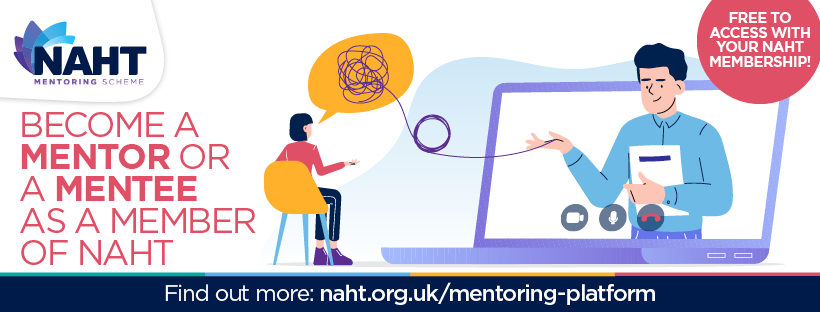Coaching works on the premise that the individual has the answers to their own problems within them. The coach is not a subject expert, but rather is focused on helping the individual to unlock their own potential. The focus is very much on the individual and what is inside their head.
Very often a coach is synonymous with playing sport. So perhaps it is no surprise that a leading book on coaching was written by Timothy Gallwey, a successful tennis coach based in California. The book which was first published in 1974 is titled The Inner Game of Tennis. Gallwey’s ground-breaking book identified that tennis is composed of two distinct games. There’s the outer game, which is the mechanical part, such as how you hold the racket. This is the part that most coaches and players focus on. Gallwey acknowledged the importance of the outer game, but what he was really interested in, and what he thought was missing from most people’s approach, was the inner game. “This is the game that takes place in the mind of the player,” he wrote. Unlike the outer game, where your opponent is the person on the other side of the net, the inner game “is played against such obstacles as lapses in concentration, nervousness, self-doubt, and self-condemnation. In short, it is played to overcome all habits of mind which inhibit excellence in performance.”
Gallwey identified that to be the best tennis player an individual must not ruminate over hitting a ball badly. Instead they must move on from that shot, and not allow self-doubt to creep in and take-over, leading to negative reinforcement when the individual hits the next ball badly.
Gallwey realised that the inner game wasn’t just about tennis. He went on to publish similar books about golf, skiing, music, and the workplace. This lead to him founding a Fortune 500 consulting business. His longtime clients included Apple, AT&T, The Coca-Cola Company, and Rolls Royce. The methods developed by Tim Gallwey have been used in leadership coaching, sales, change management, and teamwork. Gallwey’s work is often recognised as the foundation of business coaching, life coaching, as well as sports psychology.
So how does Gallwey’s approach to tennis read across to business coaching? Ultimately the inner game is about our state of mind. Is it helping us or hurting us? For most of us, it is way too easy to slip into self-criticism, which then inhibits our performance even more. We need to learn from our mistakes without obsessing over them. The formula Tim Gallwey developed was Performance equals potential minus interference.
Gallwey’s ethos and approach is embedded in most coaching approaches. An experienced coach will help an individual identify their goals and aspirations; review their current situation and identify their internal and external obstacles; consider the possibilities of what they can achieve, their strengths and their resources. The coach will guide the individual to identify the actions they need to take to reach their goals and aspirations. Then the coach will hold the individual to account, ensuring that they are working towards their goals and aspirations and that they are not being distracted by interference – both external interference and their inner game.
As Sir John Whitmore, one of the founders of the performance coaching industry, said: “Coaching is unlocking a person’s potential to maximise their own performance. It is helping them to learn rather than teaching them.”
NAHT’s Mentoring Scheme

A leader’s career can be a long, winding road, so we want to support this community the best way we can. One such way is by facilitating contact between leaders at various stages of their career allowing them to share best practice and invaluable guidance. By working together and tapping into all this knowledge we can make education the best it can be.
This platform provides a space for school leaders to share and gain knowledge that will benefit those starting their leadership journey as well as seasoned leaders.
For mentees, it’s a great way to build on areas that you’re less familiar with or that are completely new to you, and in turn build a strong working mentor relationship that’ll inspire you. For mentors, it’s a chance to give back and help strengthen the profession by sharing your experience and knowledge.

